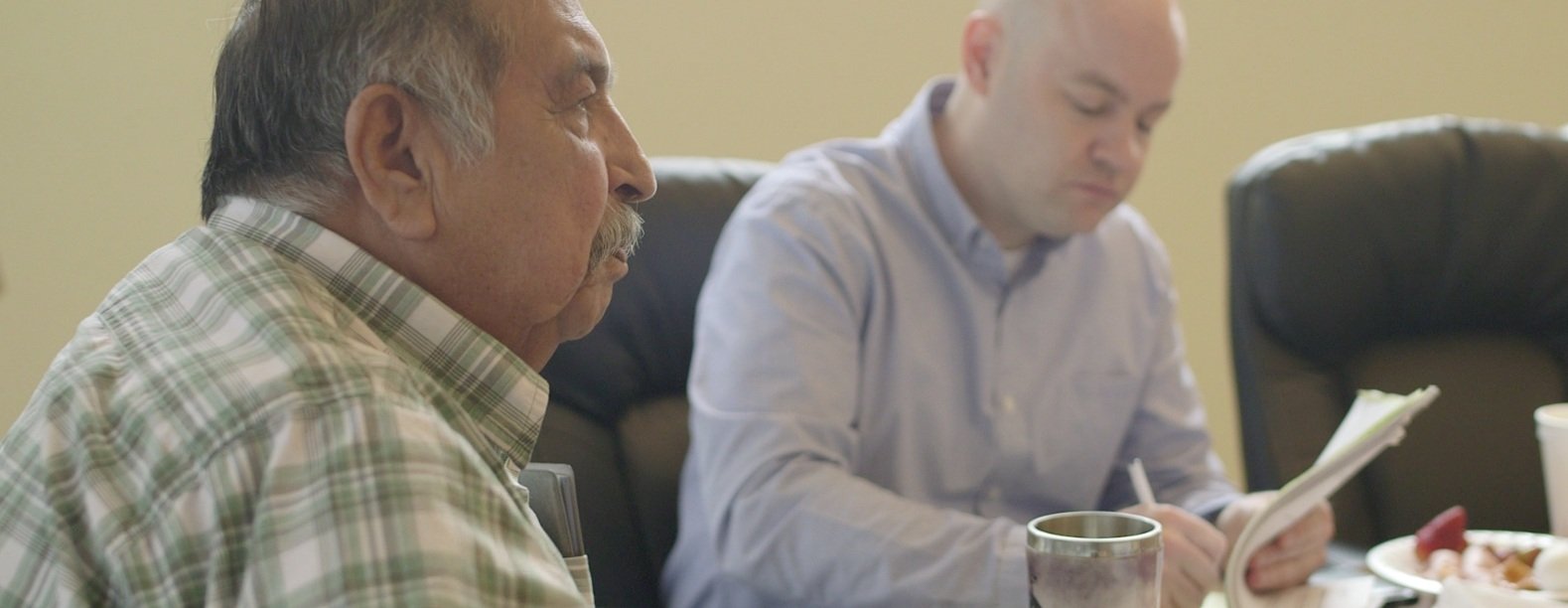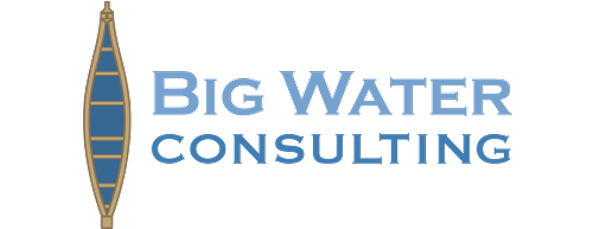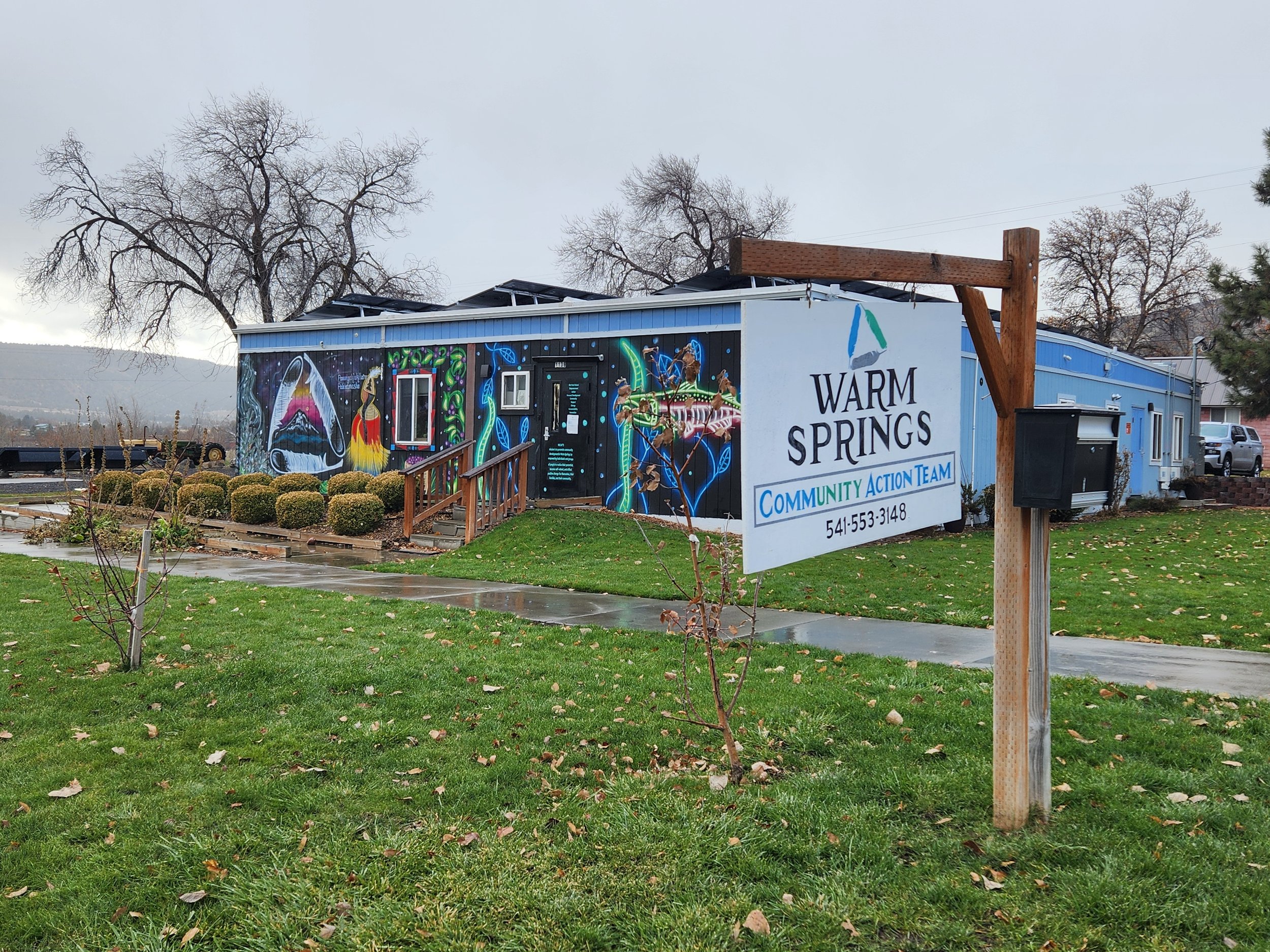
Highlights from recent projects help tell the story of how and where we work.
Visit our Gallery to see samples of specific deliverables. Use the search bar below to find projects in specific regions, covering certain topics, or with a particular tribe.
All Projects

United Native American Housing Association (UNAHA) Meth Testing and Remediation Survey
Pablo, Montana
Big Water Consulting developed and facilitated the Meth Testing and Remediation Survey of United Native American Housing Association (UNAHA) members. This survey was designed to assess the impacts of meth use and manufacturing in tribal housing authority units on the administration of tribal housing programs, including the cost of meth testing and remediation and the exacerbation of existing housing shortages by the temporary removal of meth-contaminated housing units from service. The data collected via this survey will allow UNAHA to inform elected officials and agency staff at the state and federal levels about the extent of the meth problem and provide concrete numbers to funding sources that may be able fund efforts to address this problem.

South Dakota Native Homeownership Coalition (SDNHC) Veterans Housing Needs and Homeownership Study
Eagle Butte, Pine Ridge and Sisseton, South Dakota
With support from SDNHC, Enterprise Community Partners and Lakota Funds, Big Water worked with the Cheyenne River Housing Authority, Oglala Sioux (Lakota) Housing, and Sisseton Wahpeton Housing Authority to design and implement the Veterans Housing Needs and Homeownership Study. Data collected through an intercept survey and focus groups conducted on each of the three reservations will enable housing authorities, Tribal Veteran Service Officers and others to identify the housing and service issues most important to veterans and then develop and fund tailored programs that help address these concerns.

Native Village of Barrow Housing Needs Assessment
Barrow, Alaska
The Native Village of Barrow (NVB) is the northernmost community in Alaska, located north of the Arctic Circle. Data collected through a household survey enabled NVB to refine their housing map and illustrated a number of challenges faced by the community, including high costs of living (beyond rent, mortgage, and utilities), limited housing stock, and prevalent overcrowding. Results will be used to engage the Native Corporation and Borough partners in shared planning and provision of services.

Pokagon Tribal Census
Dowagiac, Michigan
The Pokagon Band of Potawatomi has no reservation and its members are distributed throughout the United States and the world. The Band has made great efforts to spur economic development within its service area in Michigan and Indiana and the surrounding region. The Tribal Census, conducted every five years to support a constitutionally mandated comprehensive planning process, was implemented through a mail-out survey delivered to all households with an enrolled Pokagon citizen, regardless of whether they lived inside or outside the Band’s service area. The resulting dataset is now being used to inform decisions related to land acquisition, economic development, education spending, program administration, and the development of new services.

Red Cliff Tribal Census and Community Needs Assessment
Bayfield, Wisconsin
The Red Cliff Indian Reservation is a remote community located on the shores of Lake Superior on the northern tip of the Bayfield peninsula in Wisconsin. It has a recreation and resource-based economy and a large number of seasonally vacant units and second homes. The project, which included a reservation-wide household survey, enabled the Band to correct distortions in existing data resulting from the income disparities and demographic differences between full-time residents (who are generally Native) and seasonal residents (who are generally not). In addition, the data will be used to develop a Comprehensive Plan and identify specific options to address resident needs and create opportunities for individual and collective development.

Tohono O'odham Nation Census Challenge
Sells, Arizona
The Tohono O'odham Nation is a large tribe whose lands are located along the US-Mexico border in southern Arizona. Many Tohono O’odham move between Tucson and the Tohono O’odham Indian Reservation, where there are a substantial number of traditionally constructed homes. Data collected through a housing unit condition assessment and a household survey documented every structure on reservation and trust lands, successfully enumerated the non-transient population, revealed the challenges of households living in traditional homes, and is being used to support comprehensive planning as well as challenge U.S. Census data used in the Indian Housing Block Grant (IHBG) formula.

Seattle Indian Services Commission (SISC) King County AIAN Housing and Human Services Needs Assessment
King County, Washington
Big Water coordinated with SISC and its partner stakeholders (e.g., United Indians of All Tribes Foundation, Seattle Indian Health Board, Chief Seattle Club, Mother Nation, and Cowlitz Tribal Health Services) to design and implement a study to assess the need for Native housing and other vital services in the urban core of King County, Washington. Information collected through a survey, focus groups, and interviews will help guide the Commission’s planning efforts for supportive services and a new 160-unit affordable housing development.

Shoshone-Bannock Tribes Tribal Needs Assessment
Fort Hall, Idaho
The Shoshone-Bannock Tribes are federally-recognized tribes residing on the Fort Hall Indian Reservation, which is located in the eastern Snake River Plain of southeastern Idaho near the town of Pocatello. The Shoshone-Bannock Tribes 2016 Tribal Needs Assessment includes a Household Survey, Homeownership Survey, and a Youth Survey. This project helped the Shoshone-Bannock Tribes launch their Tribal Homeownership Opportunities Program (THOP) which coincided with the launch of the Shoshone-Bannock Tribes Community Development Financial Institution (CDFI). The findings from this project will continue to help the tribal government and its programs attract new funding, better plan for tribal programs, improve services, and address homebuyer readiness through preparation courses.

South Dakota Native Homeownership Coalition (SDNHC) Housing Needs Studies
Eagle Butte and Mission, South Dakota
Big Water worked with the Cheyenne River Housing Authority and the Rosebud Economic Development Corporation (REDCO) to conduct two homeownership assessment studies commissioned by Lakota Funds and SDNHC. Analysis of existing data, as well as data collected through an intercept survey and key informant interviews, provided insight into perceived obstacles to homeownership, anticipated changes in housing supply and demand, levels of interest in and qualifications for homeownership, as well as other issues specific to each community. Results are being used to facilitate the development of homeownership and CDFI programs; two additional Housing Needs Studies were launched in 2018.


















